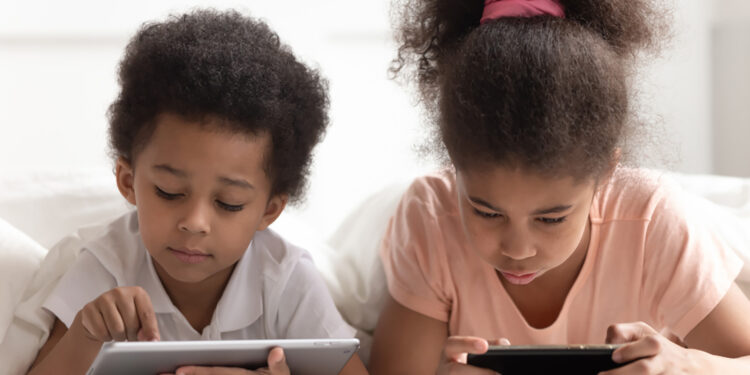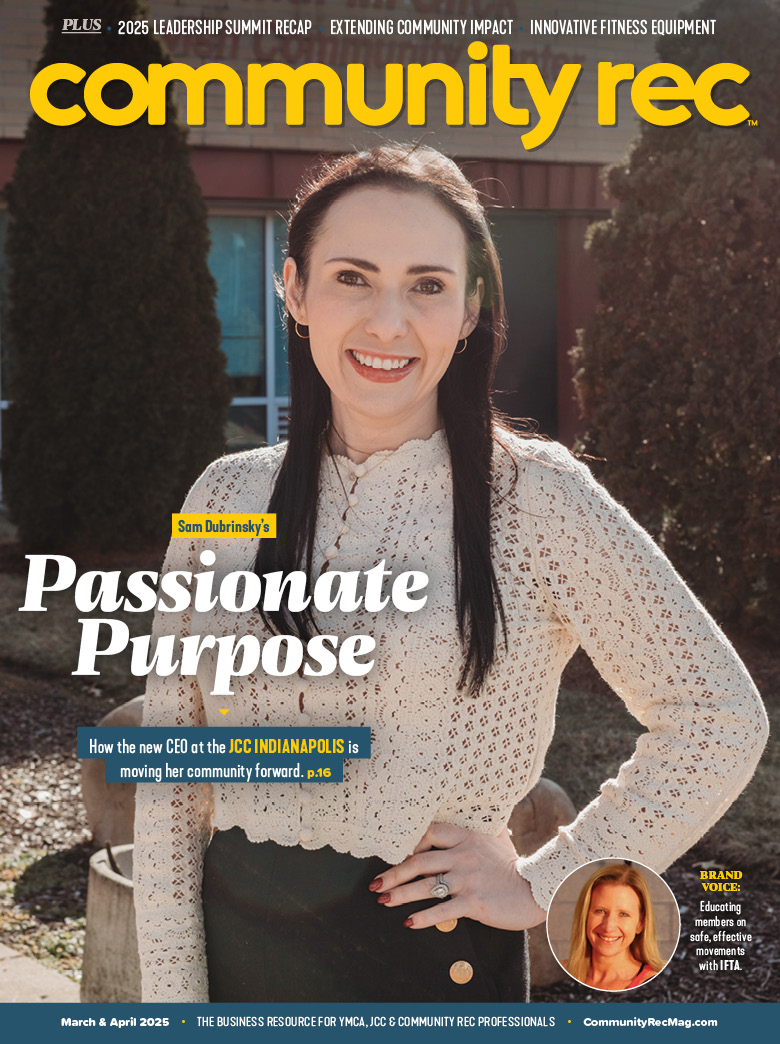At first, the idea of staying home all day must have seemed like a dream for kids everywhere. However, without the opportunity to interact with friends their own age during the COVID-19 pandemic, many children are yearning to get out of the house. In fact, the effects of being forced to stay at home and away from other people go deeper than a lack of physical activity.
Since mid-March, many children have experienced loneliness, which has had an adverse effect on their development. “Isolation from others during COVID-19 has taken away opportunities for children to interact and socialize with others, and build friendships and relationships outside of the home,” said Erin Holt, the Kids Central and family programming manager at the Madison Area YMCA in Madison, New Jersey.
In essence, the lack of developmental opportunities in social settings has severely stunted children’s social-emotional learning, which is critical during a child’s early years.
“Learning and development are more than just learning facts and figures,” explained Holt. “Social-emotional learning is how children understand and manage emotions, set goals, show empathy for others, establish positive relationships, and make responsible decisions.”
Understanding the high risk of isolation and loss of social-emotional learning, the Madison Area Y has been working hard to address this need in its youth population.
“When we were required to close our doors, we knew how important it would be to provide connection between children and their coaches and instructors to help maintain continuity and normalcy, as well as support parents,” said Holt.
And while they couldn’t provide the level of socialization they wanted for kids, the Madison Area Y has provided several virtual instruction on a variety of programs for youth and families, including Ninja Gym, performing arts, sports, and competitive gymnastics, as well as enrichment services and dry land instruction to its competitive aquatics team.
“We also knew learning loss was a concern, especially for children approaching kindergarten age, so we developed a virtual preparatory program for students at our F.M. Kirby Children’s Center,” shared Holt.
These programs have allowed the Madison Area Y to have a positive influence on children’s social-emotional learning during some trying times, and create a strong foundation of youth engagement that Holt and her team are hoping will carry over into in-person activities.
“Outdoor programming that allows for safe, fun activities is what we are working on right now,” said Holt. “It will include nature walks, outdoor arts and crafts, story times, parent-child bicycle safety training, obstacle courses and fun field day activities — as opposed to contact sports.”
However, virtual programming will still have its place, especially while the Madison Area Y’s facilities are operating at a limited capacity. “We will likely continue virtual programming for those families that would prefer them during this time of uncertainty, and we are also considering combined in-person and virtual programming that can help address potential indoor capacity limits,” explained Holt. “Our goal is to give our families safe options that meet their needs.”
Eventually, the Madison Area Y hopes to return to a sense of normalcy with its youth programming and be able to fully engage kids in person. However, while reopening plans and members’ comfort levels are in a fluid state, the best plan is to adapt to members’ needs and reassure them that their local community rec center is delivering social-emotional learning resources their kids need.
“Outreach is everything — we use all of our communication tools to ensure people know we have a diverse set of youth programming that can support children socially, emotionally and physically, even during a pandemic,” said Holt. “That’s our mission — it’s what we do best.”
Bobby is the former editor of Community Rec Magazine.










